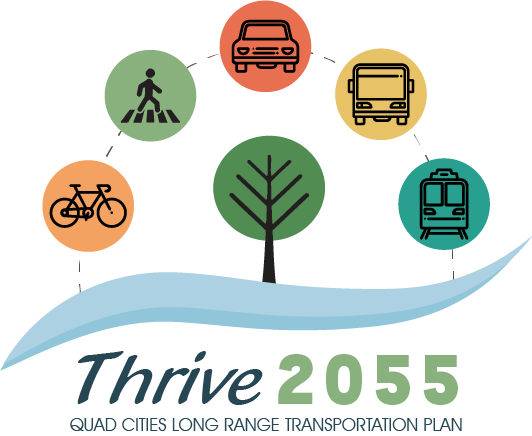September 26, 2018 – As a recipient of federal funds, Bi-State Regional Commission must adhere to Title VI of the 1964 Civil Rights Acts, which states: “No person in the United States shall, on the ground of race, color or national origin, be excluded from participation in, be denied the benefits of, or be subjected to discrimination under any program or activity receiving Federal financial assistance.” As part of its compliance with the law and subsequent executive orders (EO 12250, EO 12898, and EO 13166), Bi-State must submit its non-discrimination policy and program plan to the Iowa Department of Transportation and Federal Transit Administration every three years for review.
Analyses of the effects of federally-funded transportation projects on certain populations are included in the program plan. Those specific population groups are low-income households, racial minorities, and limited English proficiency (LEP) populations. The analyses in Bi-State’s Title VI Program did not see outsized negative effects on those populations, and census tracts with higher proportions of those groups were generally well-served by public transit services.
Bi-State’s non-discrimination policy in the planning process is noted in documents using federal funds, such as the Long Range Transportation Plan, Transit Development Plan, and Transportation Planning Work Program. Bi-State’s outreach to target populations is achieved through eliminating barriers to participation by offering meeting locations around the Bi-State Region at various times of day to allow as many participants as possible. The 2018 update to Bi-State’s Title VI Program and Non-Discrimination Policy includes identification of staff responsible for Title VI oversight, efforts made to reach out to Title VI target populations, and procedures to address discrimination complaints in the planning process and of the agency.


